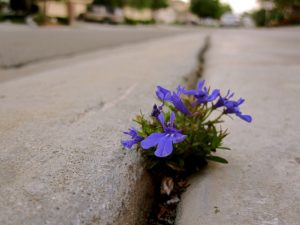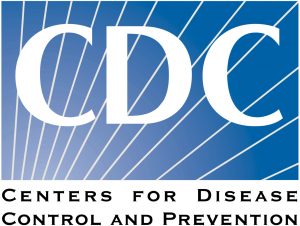Trauma and Resilience
 A landmark study in 1997 showed that as children, at least two thirds of us have had at least one experience of abuse, neglect or household dysfunction and many of us have several of these experiences. The study called these Adverse Childhood Experiences (ACEs) and found that having one or more of them had a causal impact on health outcomes later in life. That’s right! What we experience as children literally shapes our health status when we are adults. Follow up studies also tracked the impact of experiences of community violence, war, bullying, going hungry, and racism and found that they add to the impact.
A landmark study in 1997 showed that as children, at least two thirds of us have had at least one experience of abuse, neglect or household dysfunction and many of us have several of these experiences. The study called these Adverse Childhood Experiences (ACEs) and found that having one or more of them had a causal impact on health outcomes later in life. That’s right! What we experience as children literally shapes our health status when we are adults. Follow up studies also tracked the impact of experiences of community violence, war, bullying, going hungry, and racism and found that they add to the impact.
Brain science tells us that these experiences rewire the brain and create toxic stress that continues to impact our bodies throughout our lives. This is not news to us in faith communities! We know that many of us bring our hurts and wounds with us into our congregational life and we see how it affects our bodies and spirits as we share our stories and journey together.
But science also shows that trauma is not destiny. When we are positively connected to each other, when we have meaning and purpose, when we trust in something bigger than ourselves, our brains and bodies respond and begin to heal.
This is the heart of what we do as communities of faith. As people of faith, we have a great gift to offer! What we know about love, community, meaning, and the power of spiritual practice is something that can literally rewire brain circuitry and heal bodies–both for our members, but also for the communities we serve.
Join the Chicagoland Trauma Informed Congregations Network
Faith communities can be places of hope and healing when we practice spiritual life together, build positive and loving relationships and work to bring justice and healing into our world. There is a network of people of faith who are creating a community of congregations who are aware of the impact of trauma and thoughtful about how they support and nurture resilience and healing for their members and the communities they serve.
Learn more about trauma, resilience and what faith communities can do.
Trauma Informed Congregations–The Power of Relationships to Heal
In this presentation, Rev. Kirsten Peachey offers an overview of how experiences of adversity or trauma can affect our bodies and how the natural practices of congregations can actually restore brain pathways and impact our physical, mental and spiritual functioning. She also explores how participants are already engaged in these practices and how we can apply them more intentionally to bring healing and promote resilience among our members of the wider community.
Different Drummers: Trauma Informed Congregations
Rev. Kirsten Peachey and Apostle Dr. Carolyn Vessel were recently featured on the Different Drummers, a television program produced by the Greater Chicago Broadcast Ministries, and talked about what faith communities are doing to become trauma-informed.
Learn more about ACEs, trauma and the impact on our brains and bodies.
Learn more about resilience and the simple, everyday things we can do to help protect children and help each other heal.
Positive experiences help buffer the effects of trauma and stress. Learn more in this brief video.
See a brief video explaining the science of trauma and resilience.
More videos and a powerful toolkit are available through the Changing Minds initiative.





